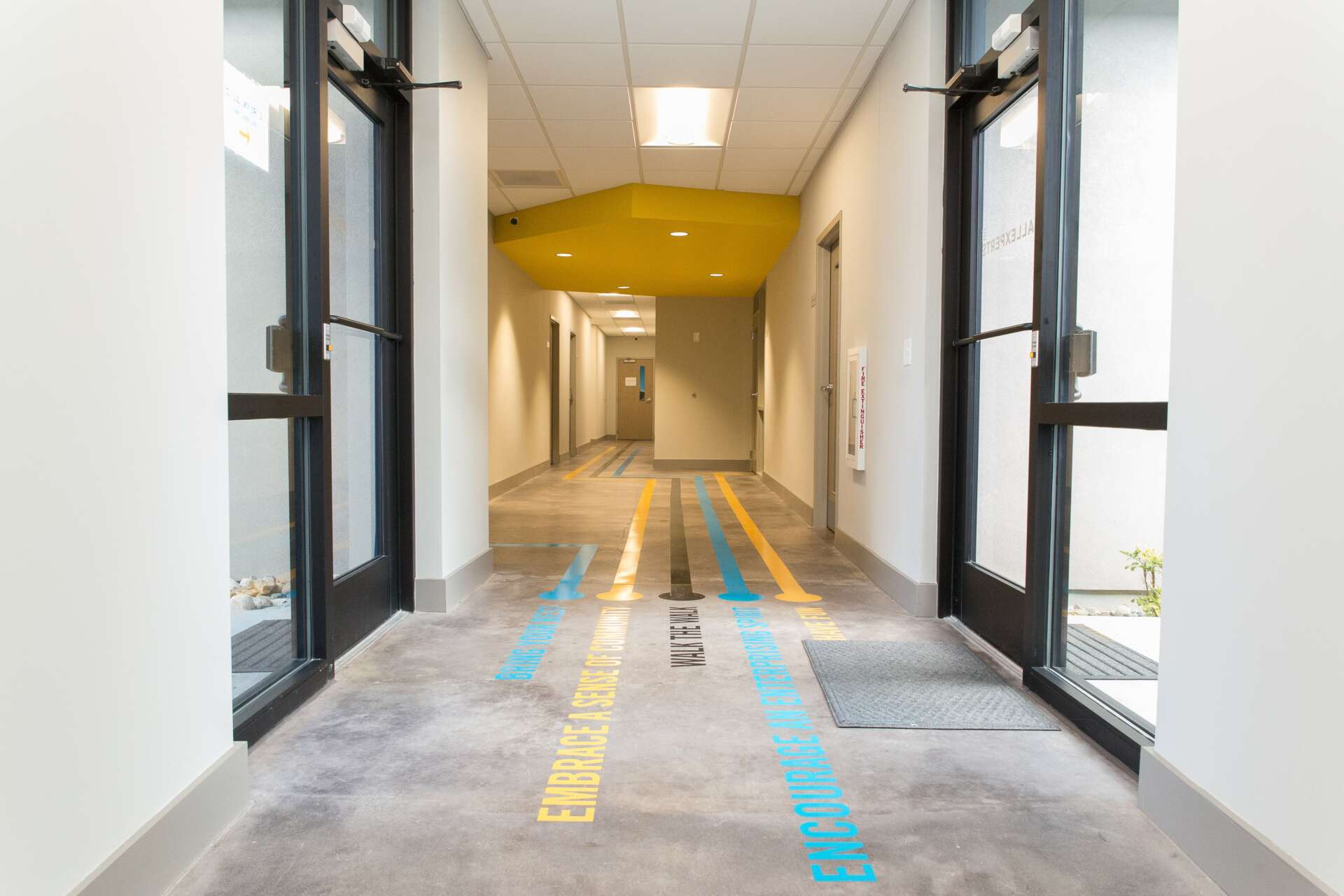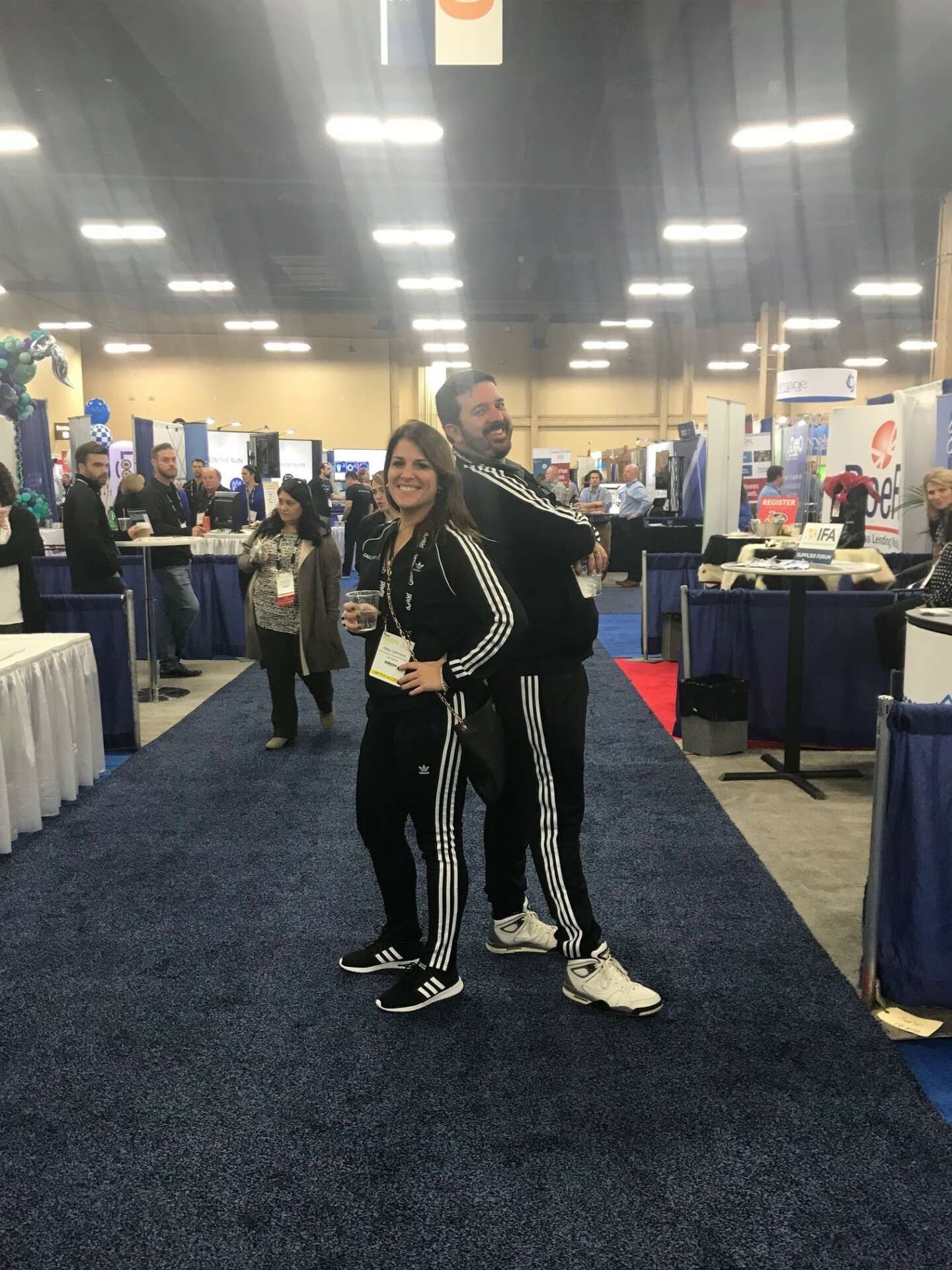Alright – so today we’ve got the honor of introducing you to Abby Leibowitz. We think you’ll enjoy our conversation, we’ve shared it below.
Alright, Abby thanks for taking the time to share your stories and insights with us today. We’d love to hear from you about what you think Corporate America gets wrong in your industry and why it matters.
I do think there are several aspects where corporate America may not fully understand the challenges faced by small businesses in the call center industry.
Government regulations and expectations for call centers often come with significant compliance requirements and small businesses may find it challenging to keep up with the evolving regulatory landscape. Small businesses in the call center industry, especially those spanning multiple generations, often involve real people managing diverse responsibilities (there are not enough resources to separate many job functions). The burden of staying compliant with regulations while balancing operational needs can be daunting, requiring continuous effort and adaptation – or lots of added fees that seem disproportionate to the benefits.
Larger corporations often have the financial resources to invest in cutting-edge technology, providing them with advanced tools for customer service and data management. Small businesses can struggle with resource constraints that limit their ability to adopt the latest technologies. Despite this, we often rely on the dedication and expertise of their teams to provide personalized and effective customer service. The work ethic and ability to collaborate within our team has made all of the difference to our success.
Call centers face high employee turnover, and small businesses may find it difficult to allocate resources for extensive training programs that larger corporations can afford. In a multi-generational context, small businesses often foster a culture of mentorship and knowledge transfer. The responsibility of maintaining a skilled and adaptable workforce falls on the shoulders of dedicated individuals who understand the importance of investing in employee development.
Large corporations may focus on achieving high call volumes and efficiency, potentially sacrificing the personalized touch in customer interactions (but, hopefully not!) We recognize the value of personalization in customer interactions by understanding that each customer is unique and may require a tailored approach.
Economic fluctuations and uncertainties can disproportionately affect small businesses, making it challenging to weather financial storms. Small businesses like us have a deep sense of responsibility to their employees and the community. Navigating economic challenges involves making tough decisions to ensure the sustainability of the business and the livelihoods it supports.

Awesome – so before we get into the rest of our questions, can you briefly introduce yourself to our readers.
Certainly!
I am an individual who has spent over 17 years in the contact center industry, watching it evolve and the whole business landscape evolve as well. I have curiously observed the changes in work ethic, legislation, and views on technology a few times over. I ended up with a liberal arts degree in a technology and services business. While this may sound like a mismatch, I believe it enabled me to take more creative and holistic views at standard rigid business problems and enhanced our development. My journey began gradually taking on various roles from payroll assistant to office manager, marketing, accounts payable, bookkeeping, customer service, operations, human resources, and sales. This experience has given me a holistic understanding of business.
Externally, we are, in the simplest form, a communication relay company. Internally, we do the same. My approach revolves around ensuring the right information reaches the right people at the right times, emphasizing the importance of communication and delegation in maintaining a balance.
One key piece of advice I would offer my younger self is to be more intentional about time management, focusing on activities that truly move the needle. When you have a long to-do list, marking things off gives you a feeling of accomplishment, but can also be busywork. Take the time to decide what is most critical and you will find that a lot of the smaller tasks take care of themselves.
I emphasize the significance of staying aware of market trends and bridging the gap between personal perceptions and how one is perceived by customers.
As for the traits I value in employees, lightheartedness and humor stand out, as I believe that maintaining perspective and enjoying the journey are essential. Personal responsibility is another crucial trait, encouraging employees to take initiative, contribute, and understand the mutual commitment in the employer-employee relationship.

Have you ever had to pivot?
My career has been full of emergency response situations, so there have been unexpected twists so often that we have come to expect the unexpected. It is almost routine now, which can be helpful because we are able to look at things quickly and fairly objectively. We have had hurricanes and snowstorms in the same season, for example.
Covid was unexpected, but we felt prepared. When you work in a 24/7 service business that never closes, you get used to the need for fast problem solving. Related to Covid, we had already been considering more remote work and consolidating our technology. Then, all of a sudden, we had an immediate need to act on these plans. During the beginning of Covid, customers were open and helpful with the process, and employees were excited that we would be able to maintain their jobs. So, we worked together and did something in 72 hours that would have been planned for 1-2 years normally. We had all teams, not just IT, setting up assembly lines for work stations and great morale and communication.
Another twist is how fast the tech world has been changing compared to 17 years ago. When I first started, you would get a glimpse of a new technology coming and you may have a whole year to prepare for it and keep it on your radar. Right now, companies are able to stand up something within weeks, sometimes days, and the new solution is right there in front of you.

Have any books or other resources had a big impact on you?
“Traction” by Gino Wickman, “E-Myth Revisited” by Michael Gerber, and “From Good to Great” by Jim Collins.
I am also a huge fan of the management style of the late Tony Hsieh, former CEO of Zappos.
For tools, I can’t go a day without checking the Notes app on my phone and with my team at work, we love tools like Asana, Slack, and Salesforce.

Contact Info:
- Website: abbyleibowitz.com
- Instagram: https://www.linkedin.com/in/abby-leibowitz/
- Linkedin: https://www.linkedin.com/in/abby-leibowitz/
- Other: www.callexperts.com www.abridgedtech.com


